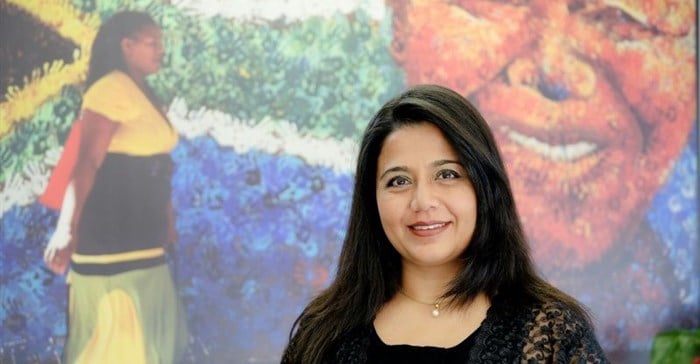#GIL2017: How global volatility can benefit Africa

And, as economies and global trade patterns turn inwards, Sneha Shah, managing director: Thomson Reuters, Africa, believes there are business opportunities for Africa in this crisis.
Africa is, actually, the richest continent in terms of metals and minerals, but it hasn’t managed to maximise this wealth, she said at the 2017 Frost & Sullivan Growth Innovation and Leadership (Gil) Summit in Cape Town. “We don’t come to the party as an equal partner, but the move towards market protectionism is an opportunity for Africa. We have all the minerals needed for the new technologies, so we should be capitalising on this.”
Blockchain and land registry
Shah said that blockchain use is not limited to cryptocurrency transactions, but has proved successful in other applications, such as establishing a credible land registry in Ghana and Kenya.
Kenya has a very convoluted land transaction history. “With a rising middle class, using blockchain to trace ownership will improve lending,” Shah explained.
Rise of the robots
Artificial intelligence (AI) and machine learning will also become more prevalent across a diversity of industries on the continent.
For example, with the proliferation of fake news on social media, Reuters has developed an algorithm – Reuters News Tracer – that uses machine learning to verify the source of so-called breaking news. “We need to make trust a real thing.”
Another example is predicting the effects of climate change. “Did you know that the DRC has the second largest rain forest on the planet? Any changes from deforestation has significant environmental consequences. So, they are using AI to predict where logging will impact on the local communities,” she said.
Youth employment
According to the United Nations, Africa is a youthful continent and currently the median age of the population is 14-years-old. This means that by 2050, 50% of the working population will be from Africa, making the current youth unemployment levels are a real problem.
On the other hand, Africa has leapfrogged the rest of the world when it comes to mobile connectivity. About 70% of the continent has access to cell phones, which creates potential for entrepreneurs. “This generation are all digital natives, so there are opportunities to provide education and develop products via mobile.” She cited the example of the Tanzanian start up, Jamii, which provides micro-health insurance for the informal sector.
Shah advised delegates that they need to change their mindset of how to do business. “Don’t frame your thinking in today’s world, but for tomorrow.”
The teams of the future will draw on different talents, and organisations need to be agile, she said. “An organisation’s culture is also important. If you don’t have a strong culture, your organisation will pull apart when there's disruption.”
Shah closed by saying: “The speed and pace of change in the world today is the slowest it will ever be.” And asking delegates: “Are you ready?”



























